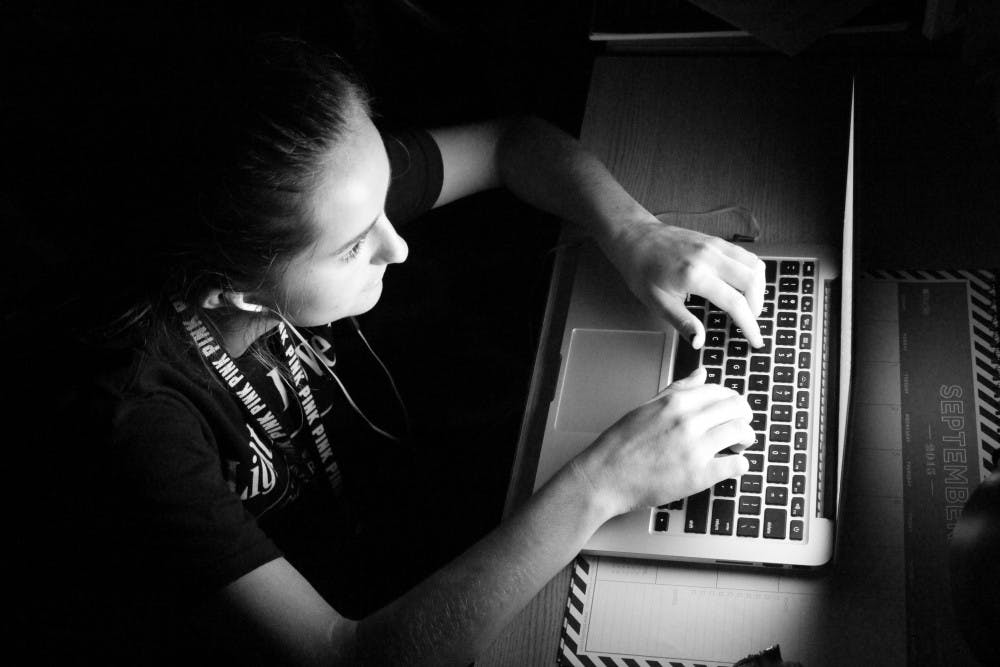By Max Pikras, The Miami Student
Students download hundreds of songs illegally without ever giving it a second thought, yet many are unaware of the consequences they can face for their actions.
Joe Bazeley, information security officer at Miami University, said that when people download music illegally, they are infringing on a copyright and violating the Digital Millennium Copyright Act (DMCA).
If students do violate the DMCA using Miami's WiFi network, Miami receives a DMCA notice, explaining that someone is doing something illegal and must stop. It is then up to the copyright holder whether or not to pursue the case in court, in which the student could pay a copyright holder for each infringement.
Bazeley said that a single infringement could cost a person up to $150,000.
"From the best of my knowledge, Miami has never had any copyright holders pursue civil litigation against students because of peer-to-peer file sharing," said Bazeley.
Bazeley said peer-to-peer file sharing is the process by which digital media can be shared using peer-to-peer technology. It is a common way to illegally download music.
Bazeley said Miami does not have a serious problem with students downloading music illegally, and receives a small number of DMCA notices.
"We receive about a dozen DMCA notices a year, I know of at least one other Midwestern school that receives up to 100 DMCA notices a day," said Bazeley.
Bazeley credits the low number of DMCA notices at Miami to a hardware appliance that the university uses to monitorthe network.
"We have a hardware appliance, IPS, Intrusion Prevention System, that monitors network traffic coming into and leaving our network," said Bazeley. "The IPS works to kill any network traffic that matches certain known patterns, such as hacking attempts or peer-to-peer file sharing."
Today most people are aware that downloading music illegally can lead to a civil litigation and a costly punishment. Still, it happens every day.
Enjoy what you're reading?
Signup for our newsletter
A female senior who preferred to be anonymous admitted to downloading files illegally.
"I definitely have downloaded music illegally from websites that allow me to take a YouTube video and convert it into an MP3 file that goes in my iTunes," she said.
She said it's just so easy to download music illegally.
"I think it's a really common thing among our generation," the source said. "I've never worried about the potential repercussions of it because I don't really think it's implemented that much."
Another female senior that preferred to be anonymous shared similar sentiments.
"I have downloaded music illegally multiple times and I have known a lot of people who have as well," he/she said. "I have never known anyone to serve the consequences that are used to threaten us and prevent us from doing it, therefore, I do not see the harm."




